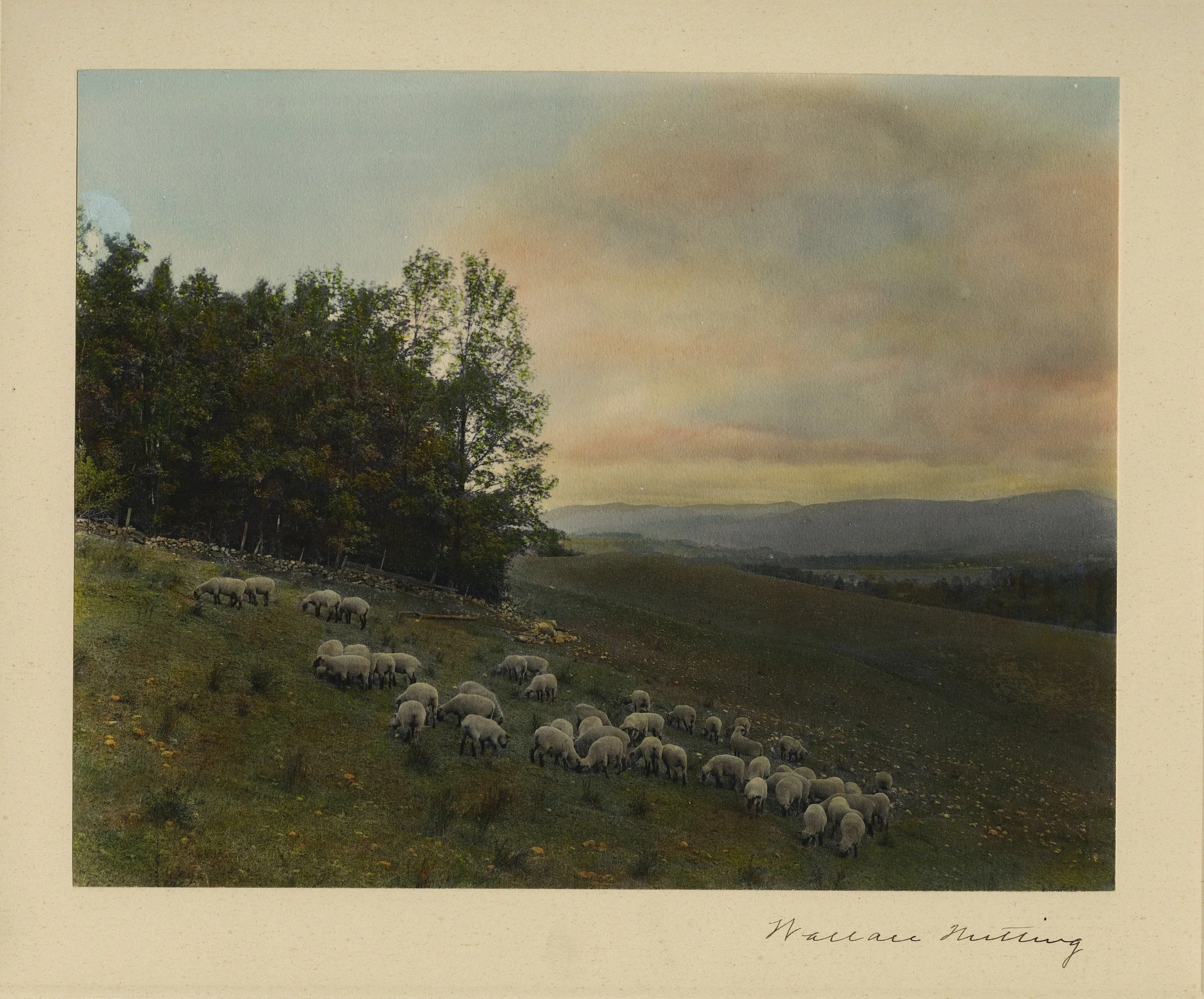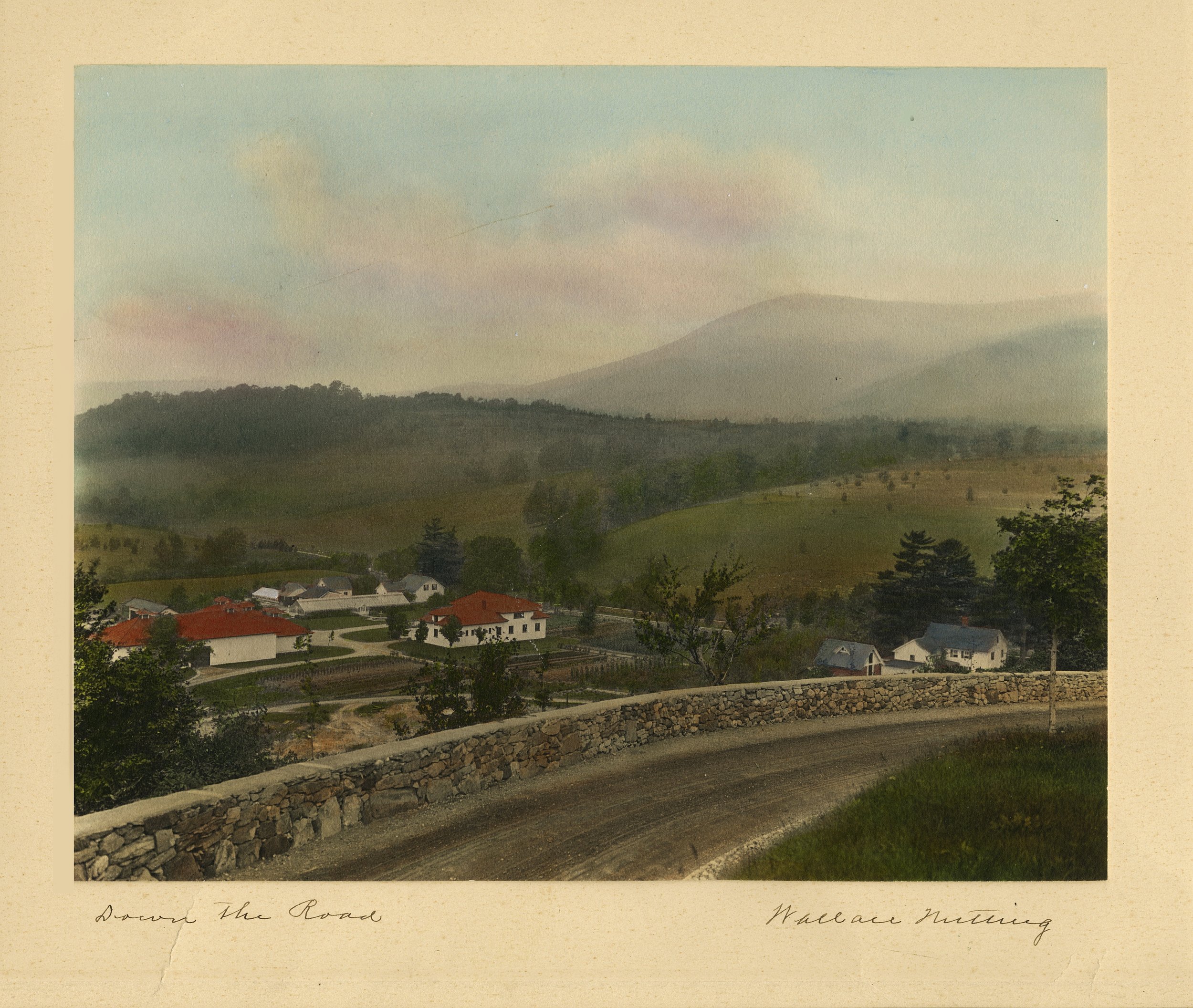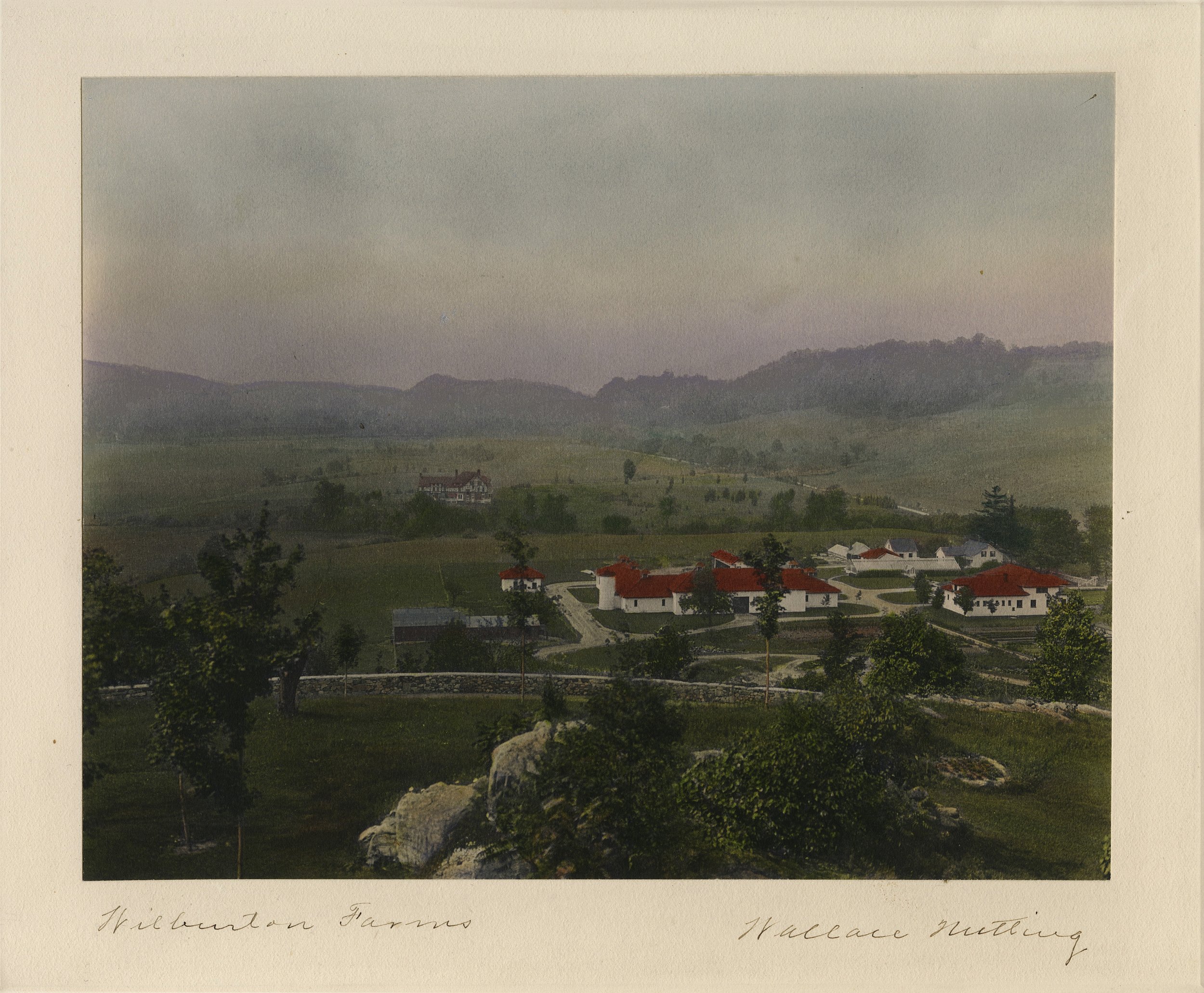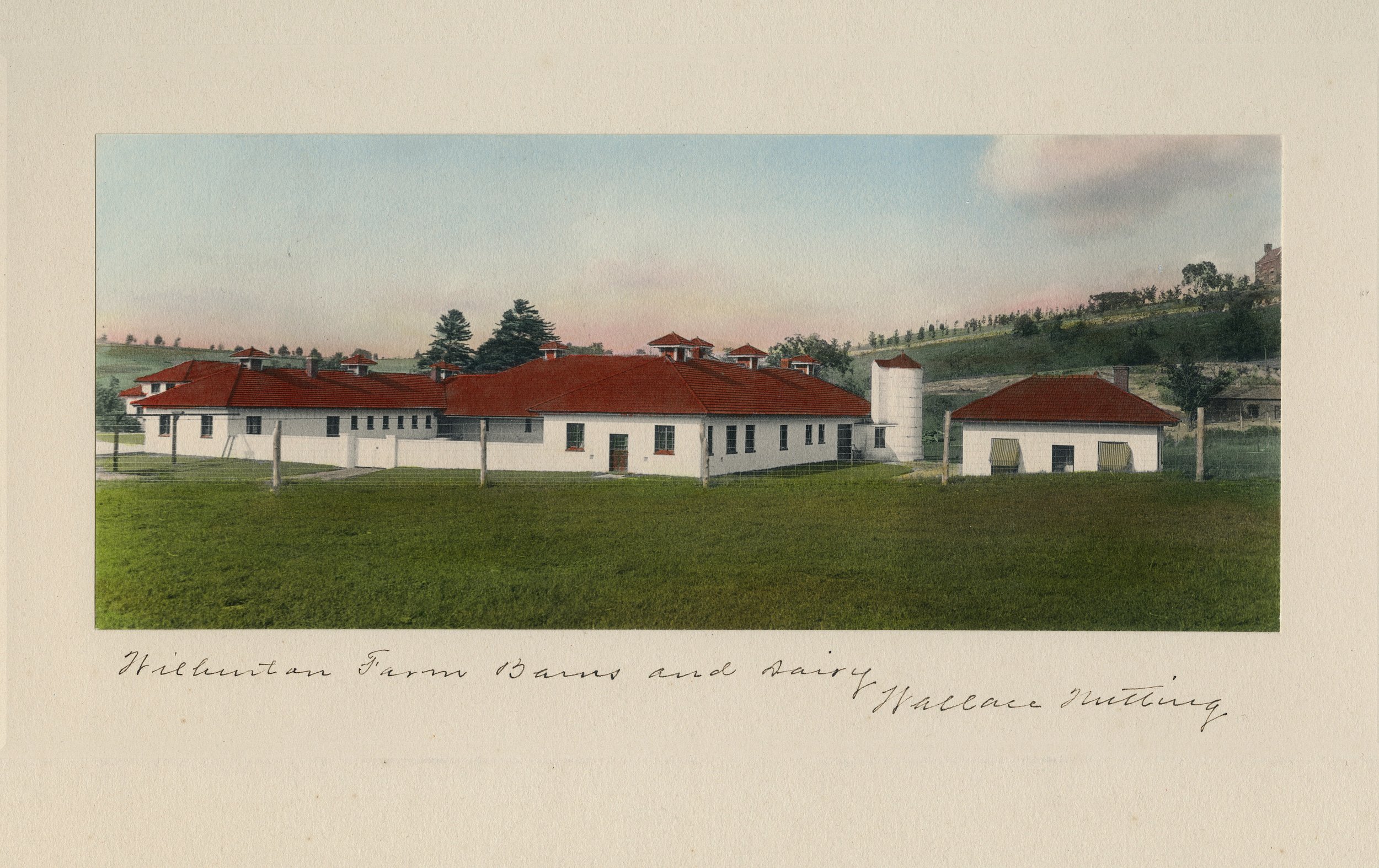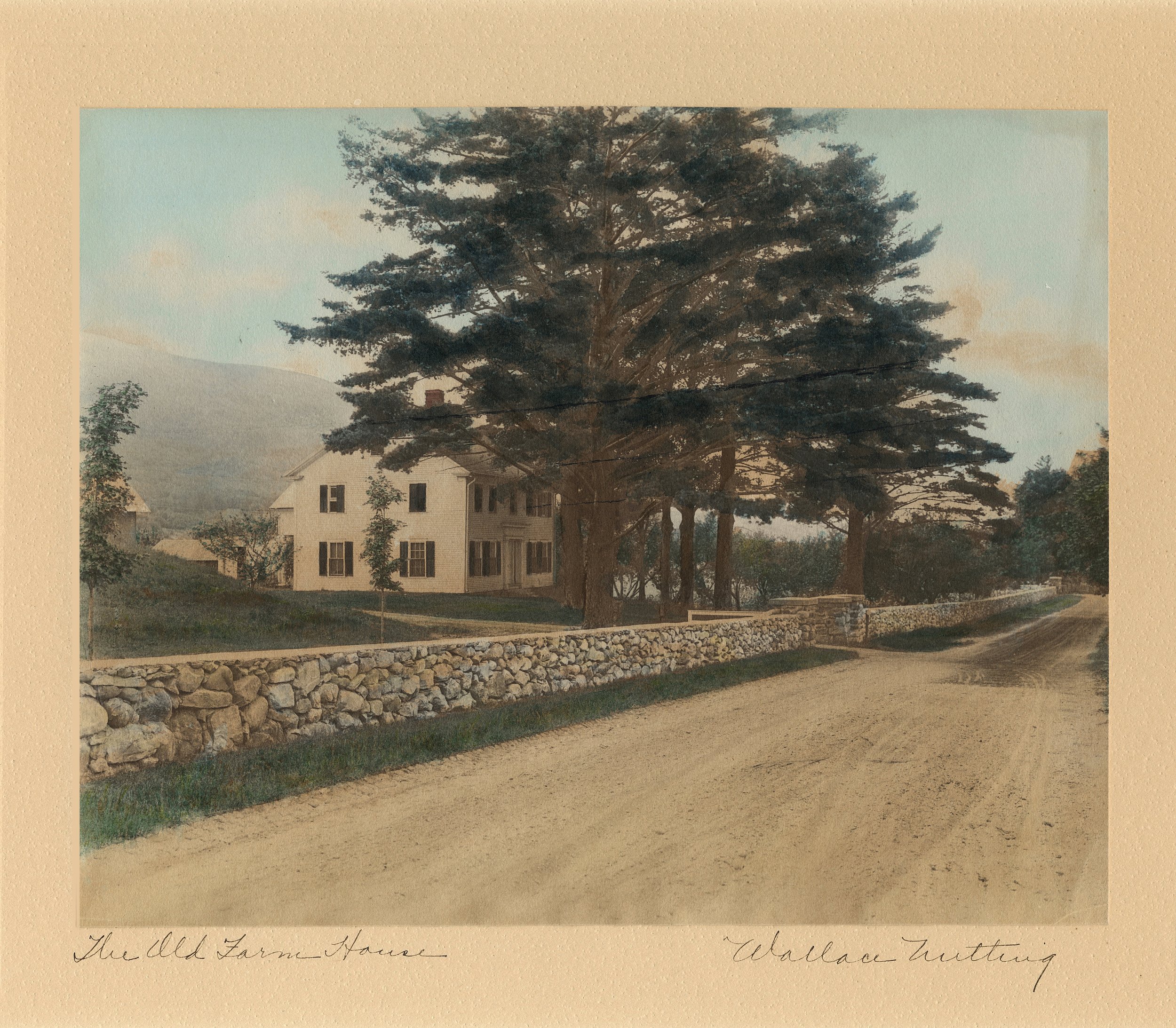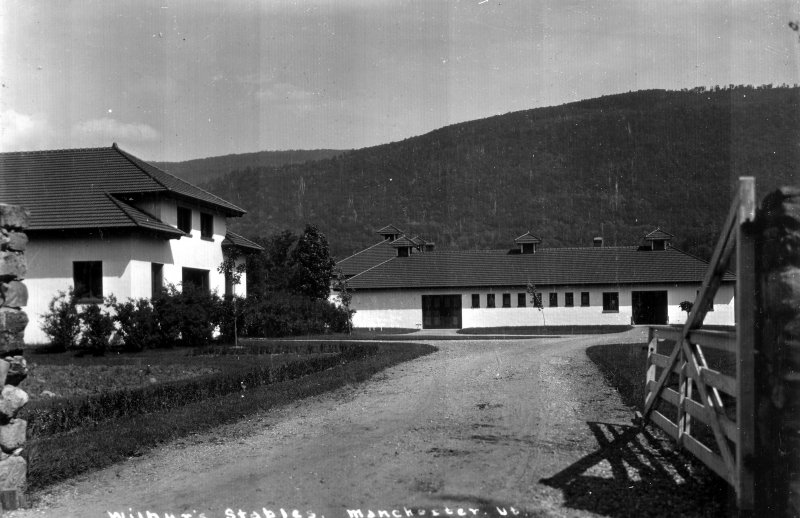
The History Behind River Road Farm
A Storied Past
At River Road Farm, history lives and breathes. Originally built in the 1890s, this sprawling estate has witnessed centuries of stories, from its rumored involvement in the Underground Railroad during the Civil War to its transformation into a haven for intellectuals and creatives alike. After serving as a renowned Morgan horse farm for many years, the property transitioned into a thriving dairy farm in the 20th century. Today, the estate has been lovingly preserved as a historic wedding, lodging, and event venue, offering a unique blend of timeless charm and modern elegance.
Timeline of River Road Farm: A Journey Through History
Strawberry Hill: A Gilded Age Haven
At the turn of the twentieth century, Manchester Village was already a haven for the elite of Gilded Age society. In 1895, Albert M. Gilbert, a Chicago industrialist, was drawn to the serene beauty of River Road, recommended to him by none other than Robert Todd Lincoln, Abraham Lincoln’s son and president of the Chicago Pullman Company. With 500 acres of farmland, Gilbert's estate, named 'Strawberry Hill', became a symbol of opulence and elegance.
The Legacy of Wilburton Hall
The U-shaped barn structure, now our primary event facility at River Road Farm, was originally constructed in 1899. Gilbert’s mansion at Strawberry Hill was completed in 1902, but within the next two years, he would begin to fall ill. In 1909, only seven years after the completion of Gilbert’s mansion, he passed away and his family sold pieces of the property at drastically reduced prices to cover Gilbert’s debts. James Wilbur, a self-made millionaire with a deep love for Vermont, took over the property. Renaming it Wilburton Hall, he devoted the remainder of his life to the history and legacy of Vermont, commissioning the Ira Allen chapel and statue at the University of Vermont, penning Ira Allen’s biography, and paying for the first paved road in the state of Vermont. Wilbur’s legacy lives on in his many contributions to the community, including his establishment of the Wilbur Society scholarship.
A Haven for Education and Creativity
Throughout the decades and following Wilbur’s passing in 1928, Max and Gertrud Bondy leased Wilburton Hall from 1940-1944, making it a beacon for education and creativity. From housing The Windsor School during World War II to its transformation in 1945 into the exclusive Wilburton Inn, the estate has hosted luminaries from all walks of life. Changing hands through the years from Jack Ortlieb (1945-1976), to RKO Pictures - General Tire (1977-1986), and Georgette and Dr. Albert Levis (1987-2014) to the four Levis children who run it alongside their father to this very day, The Wilburton Inn carries its vibrant history to the heart of Manchester and just down the road from River Road Farm.
The Start
of River Road Farm
The story of River Road Farm begins with the Wilbur family, who laid the foundation for what would become a cherished landmark. The iconic barn, now lovingly renovated, was originally erected by the Wilburs to support their thriving dairy operations and to house the horses that tirelessly worked the land, commonly known at the time as the Wilbur Stables.
During Wilbur’s reign in the early 1920s, Derrek Severance served as the farm superintendent; however, the onset of the Great Depression, coupled with the untimely passing of Mr. Wilbur, marked the beginning of a tumultuous period for the estate. As economic hardships loomed, the family began divesting parcels of the property to different families. A plot of the 500-acre property went to Robert Todd Lincoln to become what eventually became Hildene farm.
Amid this shifting landscape, Derrek Severance’s son, Cutler Severance, seized an opportunity and leased the Wilbur Stables to embark on his own dairy venture in the late 1930s and early 1940s. His dedication and perseverance breathed new life into the farm, as he worked tirelessly to uphold its legacy.
Ownership of the farm continued to change hands over the years, transitioning from a barn bustling with activity into a quiet witness to the passage of time. Eventually, the barn found itself in the care of the Insley family.
In 2003, Larry and Andrea Ross, with a vision rooted in reverence for the past and a love of community, relocated the historic colonial farmhouse to its current perch up on the hill where its new vantage point came with an extraordinary view of Mt. Equinox, and converted the once Wilbur Stables into a historical wedding, lodging, and event barn. Their stewardship maintained the essence of what would become River Road Farm, preserving its rustic charm and timeless allure.
About The Photographer: Wallace Nutting (1861–1941) was a celebrated American photographer known for his romanticized depictions of New England landscapes and architecture. His hand-colored photographs captured the essence of a bygone era, earning him widespread acclaim and commercial success. Nutting was also an author and advocate for preserving New England's heritage. He passed away leaving behind a rich legacy in American photography and cultural preservation. While most of the photographs of River Road Farm’s history were taken by Wallace Nutting, a few were supplied by Manchester local, Eric Severance, grandson of Derrek Severance and son of Cutler Severance, two men who worked on the estate at various times throughout its history.
Join Us at River Road Farm
Whether you're seeking a retreat into the past or a vibrant celebration of the present and future, River Road Farm welcomes you with open arms. What better place to turn to when it’s time to gather family and friends than on land rooted in long standing family and friendships?
Discover why River Road Farm is more than just a destination—it's a journey through time.
Contact Us Today To Book Your Stay >
Experience the magic of River Road Farm, where history meets hospitality.


